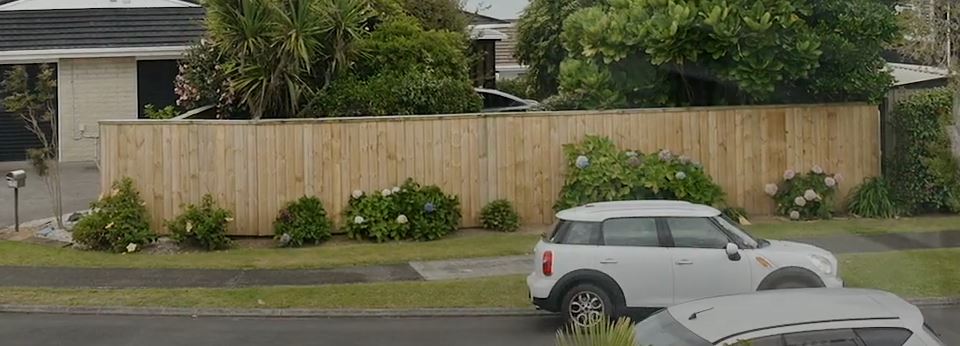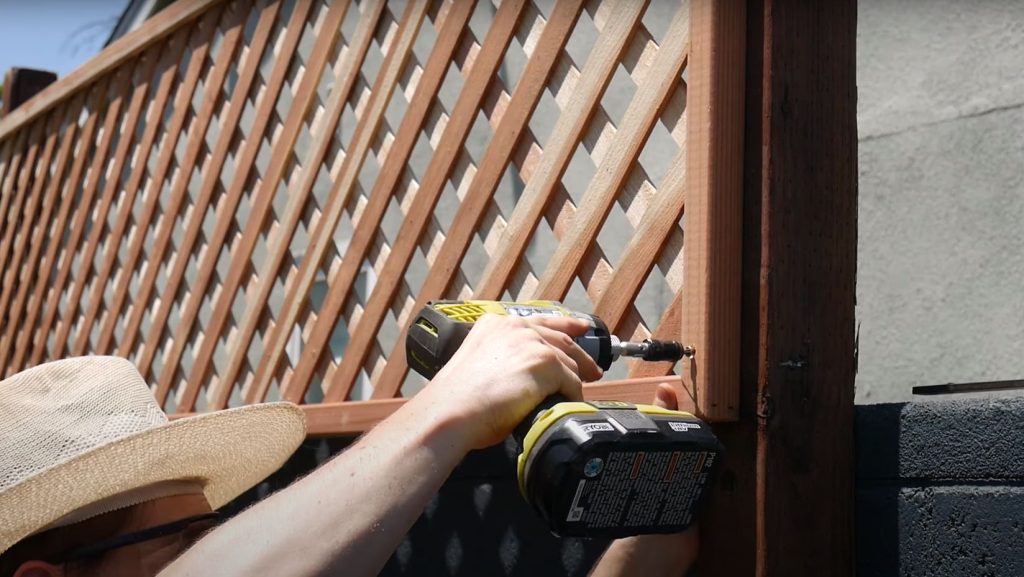Mould on Fences: An Overview
The Problem with Mould
Mould is a pesky fungus that thrives in humid conditions. When it comes to fencing, especially in regions with high humidity, mould can be a real concern. It doesn’t just affect the aesthetics but can also weaken the structure of the fence. In areas such as Te Rapa, where there’s an abundance of greenery, mould can be a frequent visitor to your fences.
Why Fences are Susceptible to Mould
Fences, by design, are constantly exposed to the elements. The combination of moisture, shadowy areas, and organic material often stuck on fences provides a conducive environment for mould growth. While wooden fences are particularly vulnerable due to their organic nature, even metal and PVC fences aren’t completely immune, especially when organic matter like leaves accumulate against them.
Health Implications
Beyond the structural integrity of your fence, mould presents health hazards as well. Breathing in mould spores can trigger allergic reactions, respiratory issues, and other health problems. If you’re considering an afternoon stroll in Melville, and you come across a heavily mould-infested fence, it might be wise to avoid getting too close.
Effective Treatment Techniques
- Regular Cleaning: One of the most straightforward preventive measures is to clean your fence regularly. By simply washing away dirt and debris, you remove the base where mould likes to grow.
- Vinegar Solution: A natural remedy, vinegar is an effective mould killer. Applying undiluted vinegar to the affected area, letting it sit for an hour, and then rinsing with water can help reduce mould.
- Bleach Solution: For tougher mould infestations, a mixture of bleach and water can be used. However, always use gloves and ensure the area is well-ventilated.
- Specialised Cleaners: There are numerous mould removers available in stores. Always follow the manufacturer’s guidelines and wear appropriate protective gear.
- Sealants: Once you’ve tackled the mould, consider using a mould-resistant sealant, especially on wooden fences, to offer a layer of protection.
Considerations for Different Fencing Materials
The material of your fence dictates the best method for mould removal:
- Wood: Being organic, wood can deteriorate with the use of harsh chemicals. Opt for natural solutions like vinegar or gentle commercial cleaners.
- Metal: While mould doesn’t damage metal, it can cause staining. Regular cleaning can help, and for stubborn mould, a diluted bleach solution can be effective.
- PVC: PVC fences can handle stronger cleaning agents. However, always check the manufacturer’s guidelines to ensure you don’t damage or discolour the fence.
Hamilton’s Unique Climate and Mould
Hamilton, with areas like Callum Brae, is known for its wet and humid conditions. These conditions are a breeding ground for mould, especially during seasons with frequent rainfall. Regular inspection and preventive cleaning can be your best defence against a mould invasion.
Alternative Mould Treatments: At a Glance
| Treatment | Specifications | Pros | Cons |
| Vinegar Solution | Natural acidic agent | Environmentally friendly; non-toxic | Might not work on heavy mould infestations |
| Bleach Solution | Chemical-based; diluted with water | Effective on stubborn mould | Can harm plants; use with ventilation |
| Specialised Cleaners | Commercially produced | Designed for mould removal; various options | Chemical content; cost varies |
| Sealants | Applied post-cleaning | Adds a protective layer against mould growth | Periodic reapplication needed |
Professional Assistance in Hamilton
While DIY methods can be effective, for severe infestations or if you’re unsure about the best treatment for your fence, seeking professional help can be a game-changer. Quality Fencing Hamilton is well-versed in treating mould on various fence materials, ensuring not only the beauty but also the longevity of your fence. With local expertise tailored for Hamiltonian conditions, you’re ensured of a mould-free fence that stands the test of time.
Fencing Mould Treatment: Your Questions Answered
How does mould affect the structural integrity of a fence? Mould retains moisture, which can weaken the fence material, especially wood, leading to rotting and decreased fence lifespan.
Are certain fence materials more susceptible to mould growth? Yes, wooden fences are particularly vulnerable to mould because of their organic nature. However, even metal and PVC fences can have mould, especially when organic debris accumulates on them.
Is mould on fences a health hazard? Indeed, mould spores, when inhaled, can trigger allergies, respiratory problems, and other health issues, especially for those with pre-existing conditions.
What’s the most eco-friendly way to treat mould on fences? Using a vinegar solution is an environmentally friendly and non-toxic method to treat mould on fences effectively.
Can I use bleach on my wooden fence to treat mould? While bleach is effective against mould, it can be harsh on wooden fences. It’s crucial to dilute it appropriately and rinse the fence thoroughly after treatment.
How often should I inspect my fence for mould? Given Hamilton’s humid conditions, it’s recommended to check your fence for mould at least once every season, especially after extended rainy periods.
How can I prevent mould growth on my fence? Regular cleaning, removing organic debris, ensuring good sunlight exposure, and using mould-resistant sealants can help prevent mould growth on fences.
Do commercial mould removers work better than home remedies? Commercial mould removers are specifically designed to tackle mould and might be more potent than home remedies. However, always consider the fence material and follow the manufacturer’s guidelines.
Is it safe to use mould-resistant paint on fences? Mould-resistant paints can offer an additional layer of protection, but it’s essential to ensure the paint is suitable for your fence material and outdoor use.
Can mould spread from my fence to other parts of my garden or home? While the mould primarily affects the area where it grows, the spores can become airborne and potentially affect other areas, especially if conditions are favourable.
Are there specific seasons when mould growth is rampant in Hamilton? Yes, during seasons with high rainfall and increased humidity, such as late autumn and winter, mould growth can be particularly rampant in areas like Te Rapa and Melville.
Should I consider professional help for mould treatment? For severe infestations or if unsure about the correct treatment method, seeking assistance from experts like Quality Fencing Hamilton can ensure effective and safe mould removal.




